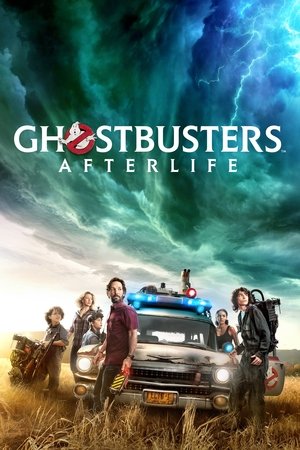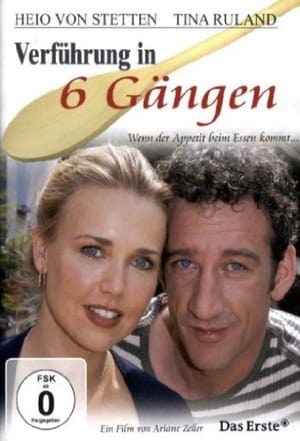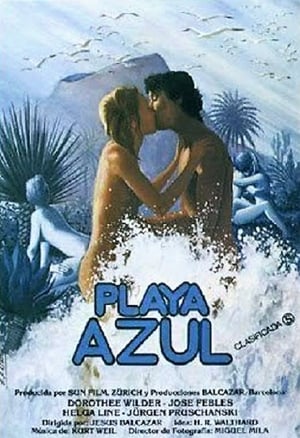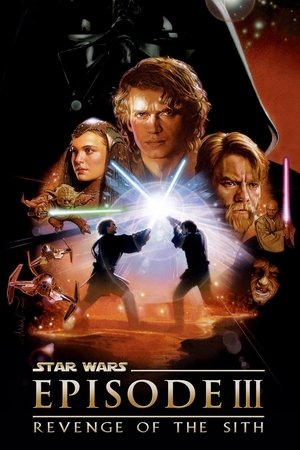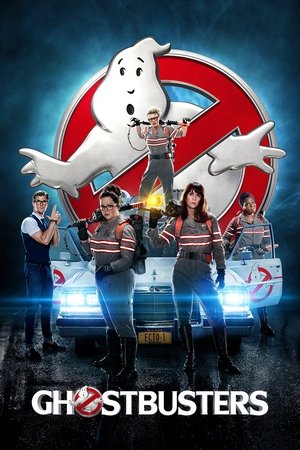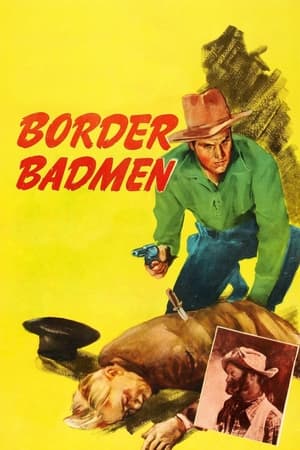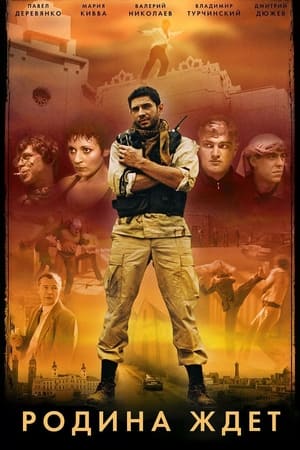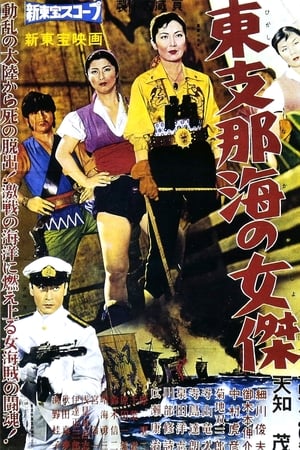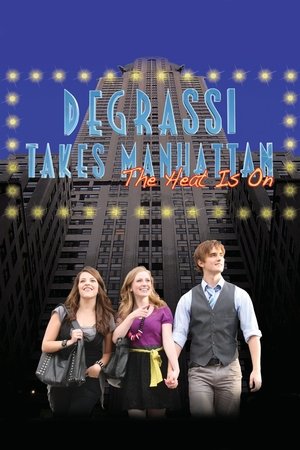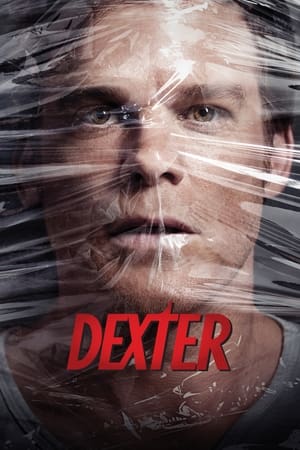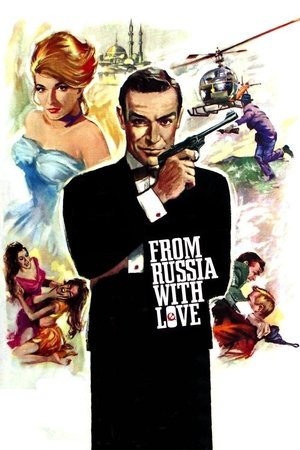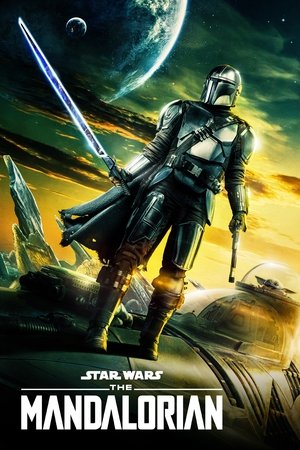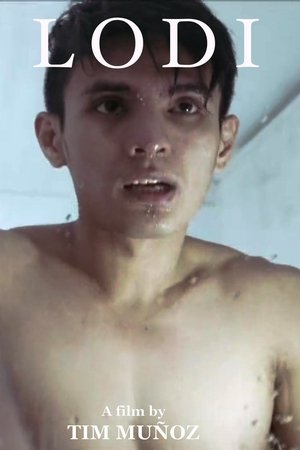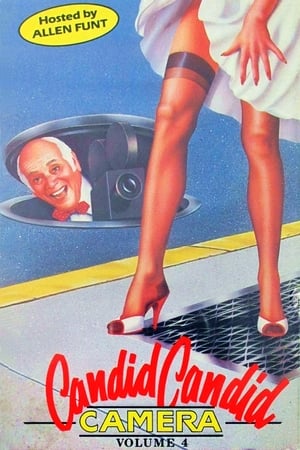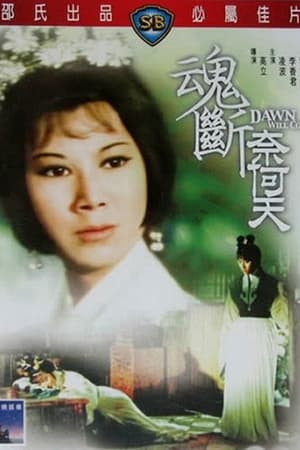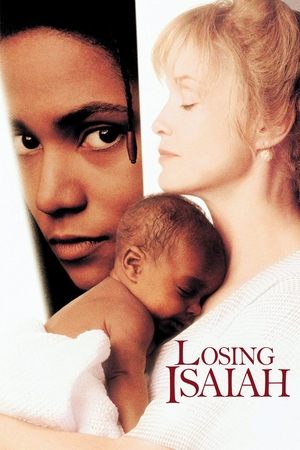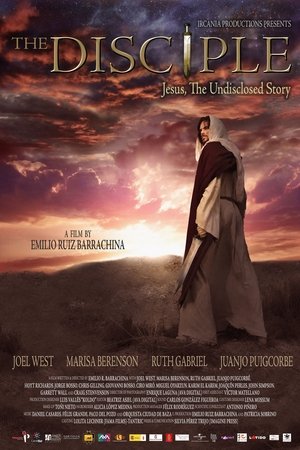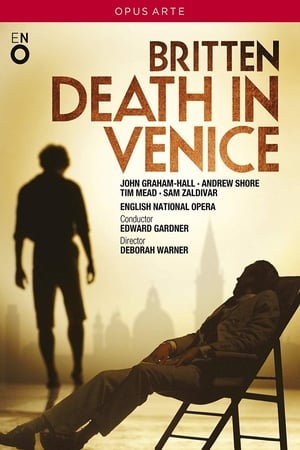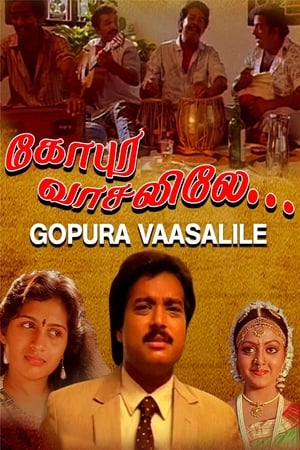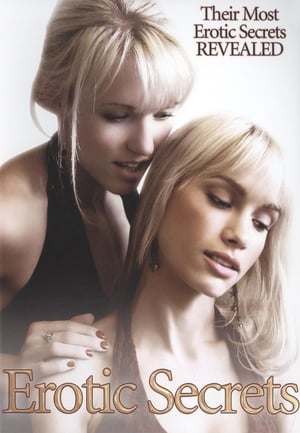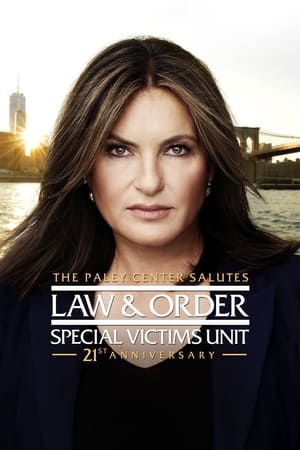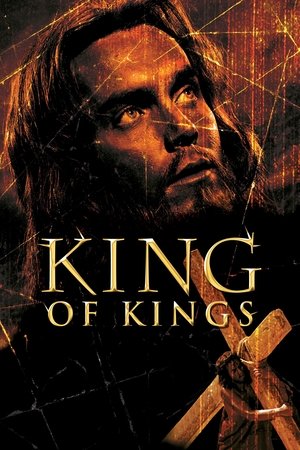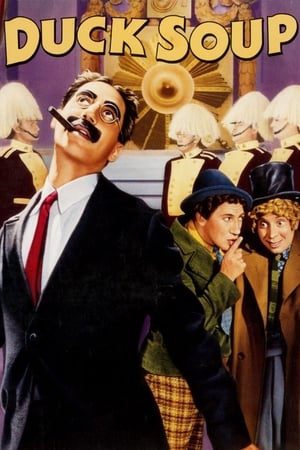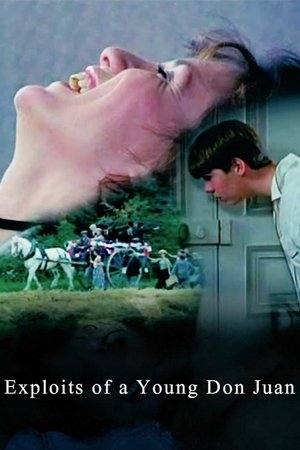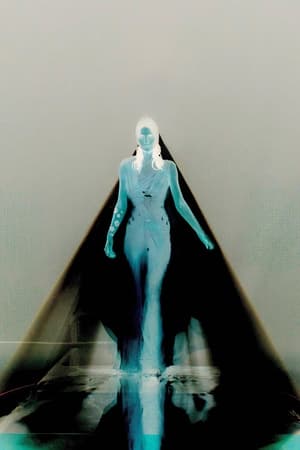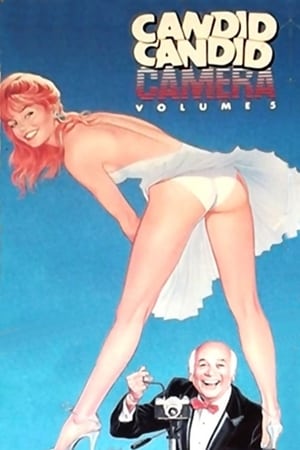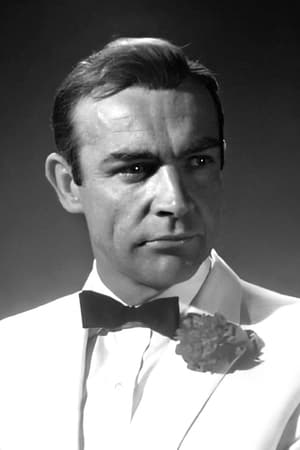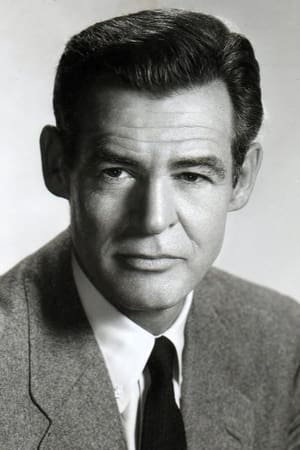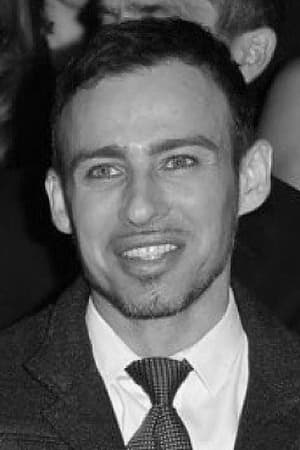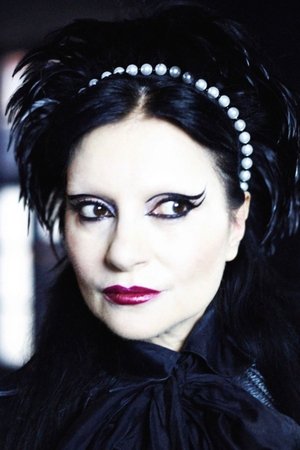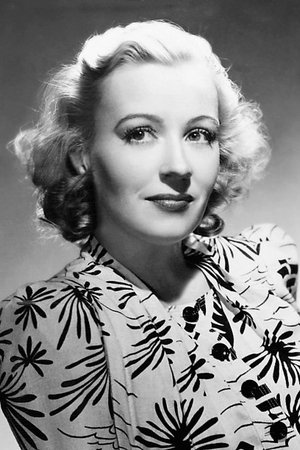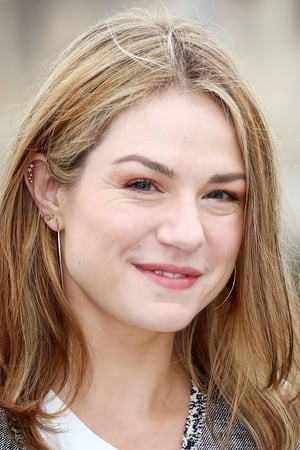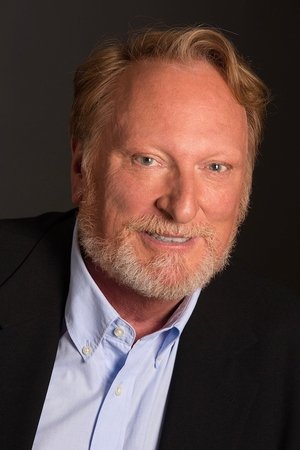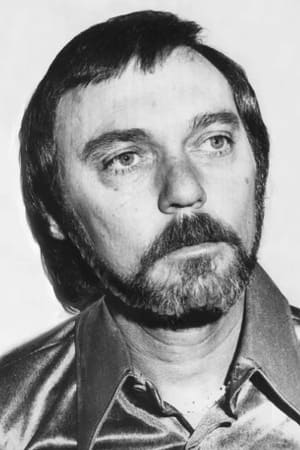Trending
Popular people
Sean Connery
Biography
Sir Thomas Sean Connery (August 25, 1930 – October 31, 2020) was a Scottish actor and producer who won an Academy Award, two BAFTA Awards (one being a BAFTA Academy Fellowship Award), and three Golden Globes, including the Cecil B. DeMille Award and a Henrietta Award.
Connery was the first actor to portray the character James Bond in film, starring in seven Bond films (every film from Dr. No to You Only Live Twice, plus Diamonds Are Forever and Never Say Never Again), between 1962 and 1983. In 1988, Connery won the Academy Award for Best Supporting Actor for his role in The Untouchables. His films also include Marnie (1964), Murder on the Orient Express (1974), The Man Who Would Be King (1975), A Bridge Too Far (1977), Highlander (1986), Indiana Jones and the Last Crusade (1989), The Hunt for Red October (1990), Dragonheart (1996), The Rock (1996), and Finding Forrester (2000).
Connery was polled in a 2004 The Sunday Herald as "The Greatest Living Scot" and in a 2011 EuroMillions survey as "Scotland's Greatest Living National Treasure". He was voted by People magazine as both the “Sexiest Man Alive" in 1989 and the "Sexiest Man of the Century” in 1999. He received a lifetime achievement award in the United States with a Kennedy Center Honor in 1999. Connery was knighted in the 2000 New Year Honours for services to film drama.
On 31 October 2020, it was announced that Connery had died at the age of 90.
Description above from the Wikipedia article Sean Connery, licensed under CC-BY-SA, full list of contributors on Wikipedia
Read more
Carina Lau
Biography
Carina Lau Kar-ling (Chinese: 劉嘉玲; born 8 December 1966) is a Hong Kong-Canadian actress and singer. She started her acting career in TVB, before going on to achieve success in films after her 2nd year in college. She was notable in the 1980s for her girl-next-door type roles in films. She also plays Empress Wu Zetian in Tsui Hark's Detective Dee films, starting with Detective Dee and the Mystery of the Phantom Flame in 2010. She has won Best Actress awards at the Hong Kong Film Award and Mainland China's Golden Rooster Awards, and has been nominated at Cannes Film Festival and Taiwan's Golden Horse Awards.
Read more
Robert Ryan
Biography
Robert Bushnell Ryan (November 11, 1909 – July 11, 1973) was an American actor who often played hardened cops and ruthless villains.
Ryan was born in Chicago, Illinois, the first child of Timothy Ryan and his wife Mabel Bushnell Ryan. He graduated from Dartmouth College in 1932, having held the school's heavyweight boxing title all four years of his attendance. After graduation, the 6'4" Ryan found employment as a stoker on a ship, a WPA worker, and a ranch hand in Montana.
Ryan attempted to make a career in show business as a playwright, but had to turn to acting to support himself. He studied acting in Hollywood and appeared on stage and in small film parts during the early 1940s.
In January 1944, after securing a contract guarantee from RKO Radio Pictures, Ryan enlisted in the United States Marine Corps and served as a drill instructor at Camp Pendleton, in San Diego, California. At Camp Pendleton, he befriended writer and future director Richard Brooks, whose novel, The Brick Foxhole, he greatly admired. He also took up painting.
Ryan's breakthrough film role was as an anti-Semitic killer in Crossfire (1947), a film noir based on Brooks's novel. The role won Ryan his sole career Oscar nomination, for Best Supporting Actor. From then on, Ryan's specialty was tough/tender roles, finding particular expression in the films of directors such as Nicholas Ray, Robert Wise and Sam Fuller. In Ray's On Dangerous Ground (1951) he portrayed a burnt-out city cop finding redemption while solving a rural murder. In Wise's The Set-Up (1949), he played an over-the-hill boxer who is brutally punished for refusing to take a dive. Other important films were Anthony Mann's western The Naked Spur, Sam Fuller's uproarious Japanese set gangland thriller House of Bamboo, Bad Day at Black Rock, and the socially conscious heist movie Odds Against Tomorrow. He also appeared in several all-star war films, including The Longest Day (1962) and Battle of the Bulge (1965), and The Dirty Dozen. He also played John the Baptist in MGM's Technicolor epic King of Kings (1961) and was the villainous Claggart in Peter Ustinov's adaptation of Billy Budd (1962).
In his later years, Ryan continued playing significant roles in major films. Most notable of these were The Dirty Dozen, The Professionals (1966) and Sam Peckinpah's highly influential brutal western The Wild Bunch (1969).
Ryan appeared several times on the Broadway stage. His credits there include Clash by Night, Mr. President and The Front Page, the comedy drama about newspapermen.
He appeared in many television series as a guest star, including the role of Franklin Hoppy-Hopp in the 1964 episode "Who Chopped Down the Cherry Tree?" on the NBC medical drama about psychiatry, The Eleventh Hour. Similarly, he guest starred as Lloyd Osment in the 1964 episode "Better Than a Dead Lion" in the ABC psychiatric series, Breaking Point. In 1964, Ryan appeared with Warren Oates in the episode "No Comment" of CBS's short-lived drama about newspapers, The Reporter, starring Harry Guardino in the title role of journalist Danny Taylor. Ryan appeared five times (1956–1959) on CBS's Dick Powell's Zane Grey Theater and twice (1959 and 1961) on the Zane Grey spin-off Frontier Justice. He appeared three times (1962–1964) on the western Wagon Train.
Read more
Alexis Roche
Biography
Alexis Roche is a Provence-born freelance stylist and brand consultant. Roche studied art and literature before moving to London to pursue a career in fashion. In 2003, Roche relocated to Paris where he was appointed brand and celebrity consultant for Dior and John Galliano. During this period, Roche was heavily involved in Dior’s creative evolution, from the advertising through to concept and catwalk. Since 2014, Roche has worked as a freelance stylist and consultant for Maison Margiela. Roche has collaborated with photographers including Nick Knight, Tim Walker, Steve Meisel, David Sims and Annie Leibovitz. His work as a stylist has been featured in publications such as Vogue Paris, Vanity Fair and DUST.
Read more
Nick Jonas
Biography
Nick Jonas (born September 16, 1992) is an American singer-songwriter, musician and actor best known as one of the Jonas Brothers, a pop-rock band he formed with his brothers Joe and Kevin. The Jonas Brothers originally started as an attempted solo singing career for Nick, but the record producer liked the sound when his brothers sang backup for him. He previously starred in the Disney Channel original series JONAS L.A. as Nick Lucas, alongside his brothers. He also starred in the Disney Channel original movie Camp Rock and Camp Rock 2: The Final Jam. He formed the band Nick Jonas & The Administration, which released its first album in 2010.
Description above from the Wikipedia article Nick Jonas,licensed under CC-BY-SA, full list of contributors on Wikipedia.
Read more
Princess Julia
Biography
Princess Julia was born in Hackney and gained a name in the 1980s as one of the original Blitz Kids; a social scene from London's nightlife. She was a core member of the group who frequented Steve Strange and Rusty Egan's Blitz Club and contributed to the proliferation of flamboyant, glamorous and individual styles in club culture. Her DJing career initially began working at The Wag, Queer Nation and Kinky Gerlinky, and more recently for the likes of Gareth Pugh, Tate Modern and Vivienne Westwood.
Princess Julia has also held positions as the editor-at-large at GQ Style and music editor at i-D magazine and regularly contributes to Ponystep, QX and other online and print publications.
Read more
Ona Munson
Biography
Ona Munson (June 16, 1903 – February 11, 1955) was an American actress perhaps best known for her portrayal of prostitute Belle Watling in Gone with the Wind (1939).
She first came to fame on Broadway as the singing and dancing ingenue in the original production of No, No, Nanette. From this, Munson had a very successful stage and radio career in 1930s in New York. She introduced the song "You're the Cream in My Coffee" in the 1927 Broadway musical Hold Everything.
Her first starring role was in a Warner Brothers talkie called Going Wild (1930). Originally this film was intended as musical but all the numbers were removed prior to release due to the public's distaste for musicals which had virtually saturated the cinema in 1929-1930. Munson appeared the next year in a musical comedy called Hot Heiress in which she sings several songs along with her co-star Ben Lyon. She also starred in Broadminded (1931) and Five Star Final (1931). She briefly retired from the screen, only to return in 1938.
When David O. Selznick was casting his production Gone with the Wind, he first announced that Mae West was to play Belle, but this was a publicity stunt. Tallulah Bankhead refused the role as too small. Munson herself was the antithesis of the voluptuous Belle: freckled and of slight build. But her skills as an actress electrified her screen test: it was all in the voice. She spoke deep and throaty in her test, and her voice conveyed sexiness and worldliness. The rest could be remedied by the wardrobe and makeup departments.
Munson’s career was stalemated by the acclaim of Gone with the Wind; for the remainder of her career, she was typecast in similar roles. Two years later, she played a huge role as another madam, albeit a Chinese one, in Josef von Sternberg's film noir The Shanghai Gesture.
For her contribution to the motion picture industry, Ona Munson has a star on the Hollywood Walk of Fame at 6211 Hollywood Boulevard.
Munson was married three times, to actor and director Edward Buzzell in 1927, to Stewart McDonald in 1941, and designer Eugene Berman in 1949.
In 1955, plagued by ill health, she committed suicide at the age of 51 with an overdose of barbiturates in her apartment in New York. A note found next to her deathbed read, "This is the only way I know to be free again...Please don't follow me."
Read more
Émilie Dequenne
Biography
Émilie Dequenne (born 29 August 1981) is a Belgian actress. She first gained attention for playing the title character in the film Rosetta (1999), which earned her the Cannes Film Festival Award for Best Actress. She then went on to star in many films such as Brotherhood of the Wolf (2001), The Light (2004), The Girl on the Train (2009), Our Children (2012), Not My Type (2014) and This Is Our Land (2017).
Dequenne won the Best Actress award at the 1999 Cannes Film Festival for her debut film performance in the Palme d'Or-winning film Rosetta. Dequenne became more well-known with worldwide audiences following her role in Brotherhood of the Wolf, a $29 million-budgeted film that grossed more than $70 million in theaters worldwide. In 2009 she played the lead in André Téchiné's La Fille du RER alongside Catherine Deneuve. She starred in the French thriller film The Pack, which premiered at the 2010 Cannes Film Festival.
In 2012, she won the Un Certain Regard Award for Best Actress award at the 2012 Cannes Film Festival for her role in the film Our Children. The film also scored her a Magritte Award for Best Actress and a nomination for a Satellite Award for Best Actress.
Source: Article "Émilie Dequenne" from Wikipedia in English, licensed under CC-BY-SA 3.0.
Read more
Jeffrey Jones
Biography
Jeffrey Duncan Jones (born September 28, 1946, 6 feet 4 inches [1.94 m]) is an American character actor, best known for his roles as Emperor Joseph II in Amadeus (1984), Edward R. Rooney in Ferris Bueller's Day Off (1986), Charles Deetz in Beetlejuice (1988), Dr. Skip Tyler in The Hunt for Red October (1990), Eddie Barzoon in The Devil's Advocate (1997), and A. W. Merrick in both Deadwood (2004–2006) and Deadwood: The Movie (2019).
Jones was born in Buffalo, New York, and studied acting at the Putney School, the London Academy of Music and Dramatic Art, and Lawrence University. He began his acting career in small parts in film and television in the 1970s. In his best-known roles as Emperor Joseph II in Amadeus, Charles Deetz in Beetlejuice, and Edward R. Rooney in Ferris Bueller's Day Off, his dead-pan expression and distinctive face bring a comic flavor to his characters through their reactions to the situations in which they find themselves, more so than the wit in their scripted lines.
Jones has also had a successful career on stage, appearing in productions of The Crucible, The Importance of Being Earnest, and The Glass Menagerie. He has been nominated for two Tony Awards, for Best Featured Actor in a Play for his performance in The Crucible (1988) and Best Featured Actor in a Musical for his performance in The Secret Garden (1991).
In 2002, Jones was arrested on charges of child pornography. He pleaded guilty to one count of possession of child pornography and was sentenced to two years of probation. He has not appeared in any major film or television roles since his arrest.
Despite his personal troubles, Jones is still considered to be one of the most talented character actors of his generation
Read more
Charles B. Pierce
Biography
Charles Bryant Pierce (June 16, 1938 – March 5, 2010) was an American film director, screenwriter, producer, set decorator, cinematographer and actor, and is considered one of the first independent filmmakers. Pierce directed thirteen films over the span of 26 years, but is best known for his cult hits The Legend of Boggy Creek (1973) and The Town That Dreaded Sundown (1976).
Pierce was born in Hammond, Indiana, but moved to Arkansas early in his childhood. After working in production jobs at television stations, Pierce moved to Texarkana and started an advertising agency. He made his directorial debut with The Legend of Boggy Creek, a faux documentary-style film inspired by the legend of the Bigfoot-like Fouke Monster. The film was funded largely by a donation from an advertising client, and Pierce rented a local movie theater to exhibit it. The low-budget film grossed roughly $25 million.
Pierce followed the success with several inexpensive, regional films set in Southeastern and Southwestern United States. Among them were The Town That Dreaded Sundown, based on the true story of the Phantom Killer murders in Texarkana. Pierce continued directing films into the 1980s, when he wrote the story for the Clint Eastwood film Sudden Impact (1983). For that screenplay, he is said to have written the phrase, "Go ahead, make my day," which became one of the most famous movie quotes in history.
After years of pressure from producers, Pierce directed a Boggy Creek sequel, Boggy Creek II: And the Legend Continues (1985), which he considered the worst film of his career. The sequel was featured in a 1999 episode of the comedy television series Mystery Science Theater 3000, which ultimately increased Pierce's visibility. Pierce died of natural causes in Dover, Tennessee. His work has been cited as an influence on the horror film The Blair Witch Project (1999).
Description above from the Wikipedia article Charles B. Pierce, licensed under CC-BY-SA, full list of contributors on Wikipedia.
Read more

